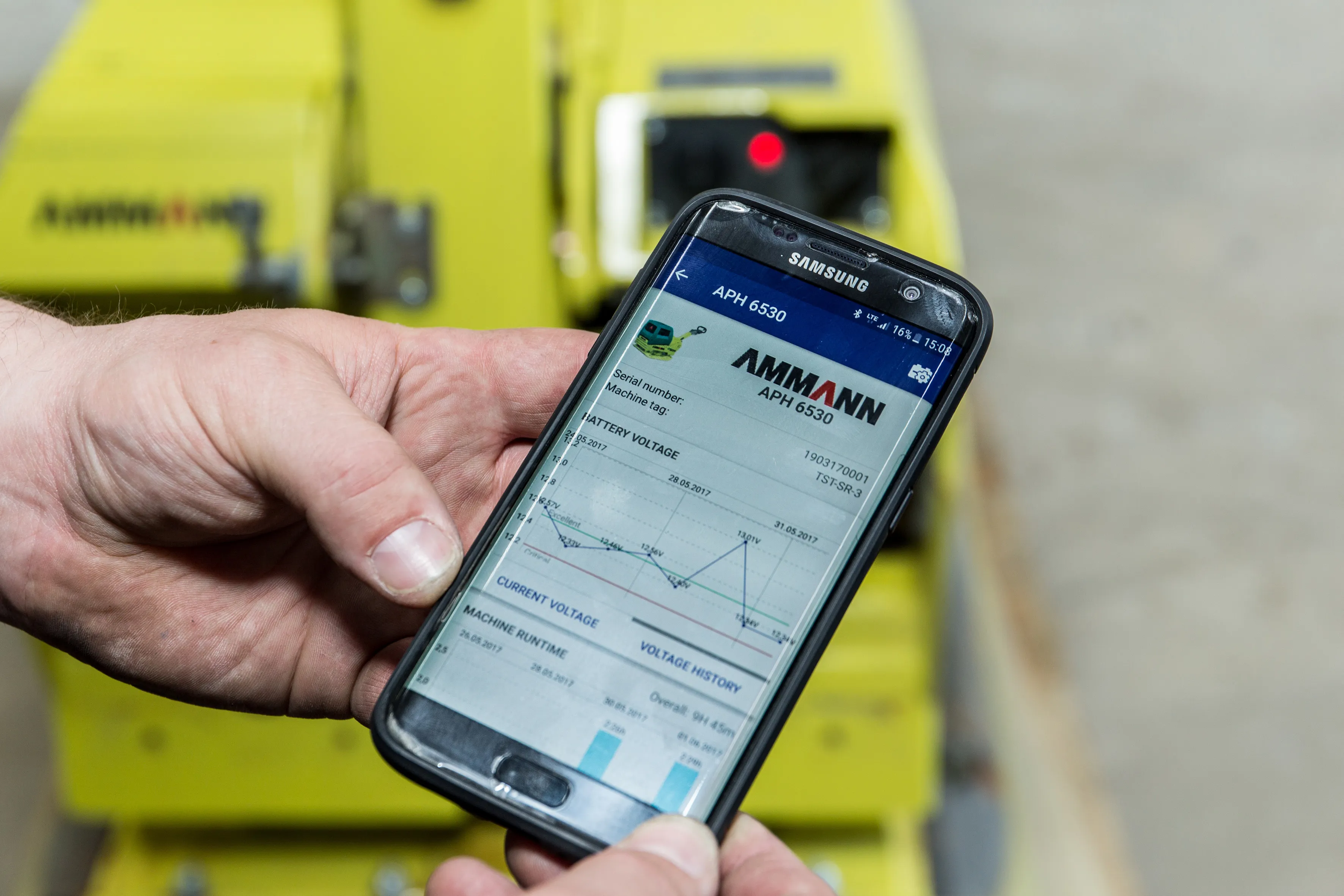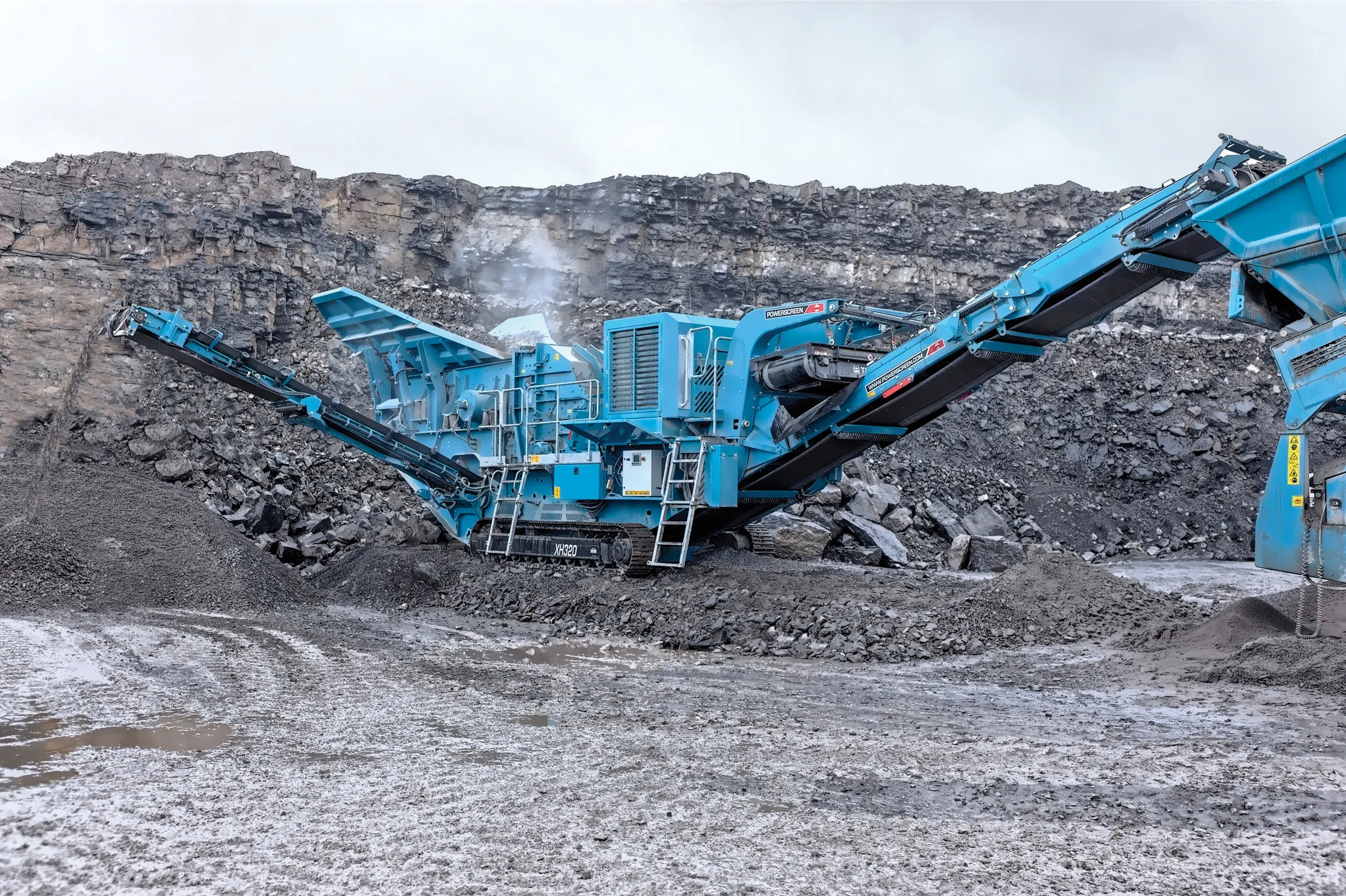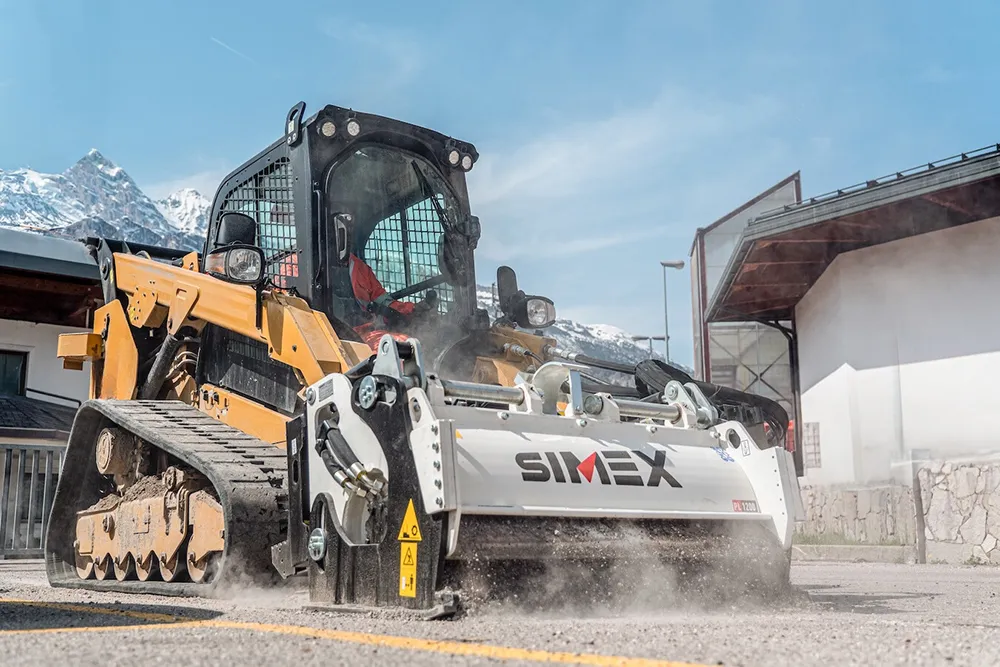Vipermetal, a Finnish manufacturer of screening and crushing buckets, says it has entered the testing phase for its 4D screening buckets for excavators and loaders.
Vipermetal is an industrial design and manufacturing company focussed on more durable, lighter and economically constructed eartmoving attachment. The company, part of technology business Ajutech Oy, only recently launched their 3D screening buckets.
The 3D screening buckets allow reuse and separation of different materials and fragmentati
March 14, 2017
Read time: 2 mins
Vipermetal, a Finnish manufacturer of screening and crushing buckets, says it has entered the testing phase for its 4D screening buckets for excavators and loaders.
Vipermetal is an industrial design and manufacturing company focussed on more durable, lighter and economically constructed eartmoving attachment. The company, part of technology business Ajutech Oy, only recently launched their 3D screening buckets.
The 3D screening buckets allow reuse and separation of different materials and fragmentations, providing in situ usage of otherwise waste materials. Trench filling and padding, topsoil mixing/stabilisation and biomaterial screening/aerating are among the typical screening applications.
The Viper screening bucket attachment is lightweight and provides easy changeover of a number of attachments between base machinery.
Rotors for the Viper 3D screening bucket are in the bottom of the bucket. They move material forward and backwards, depending on their rotation. CentreTwinSpiral rotors move material sideways – to the centre of the bucket or to the side of the bucket when rotating clockwise or anticlockwise.
The company said that the optimally U-shaped rotating axles move the material up and down, resulting in improved screening quality and higher capacity, especially when screening humid and sticky materials. All Viper screening buckets have anti-clogging to ensure effective screening.
The units are manufactured using only Hardox wear steel to eliminate dead weight while increasing capacity and reducing fuel costs.
Vipermetal is an industrial design and manufacturing company focussed on more durable, lighter and economically constructed eartmoving attachment. The company, part of technology business Ajutech Oy, only recently launched their 3D screening buckets.
The 3D screening buckets allow reuse and separation of different materials and fragmentations, providing in situ usage of otherwise waste materials. Trench filling and padding, topsoil mixing/stabilisation and biomaterial screening/aerating are among the typical screening applications.
The Viper screening bucket attachment is lightweight and provides easy changeover of a number of attachments between base machinery.
Rotors for the Viper 3D screening bucket are in the bottom of the bucket. They move material forward and backwards, depending on their rotation. CentreTwinSpiral rotors move material sideways – to the centre of the bucket or to the side of the bucket when rotating clockwise or anticlockwise.
The company said that the optimally U-shaped rotating axles move the material up and down, resulting in improved screening quality and higher capacity, especially when screening humid and sticky materials. All Viper screening buckets have anti-clogging to ensure effective screening.
The units are manufactured using only Hardox wear steel to eliminate dead weight while increasing capacity and reducing fuel costs.









